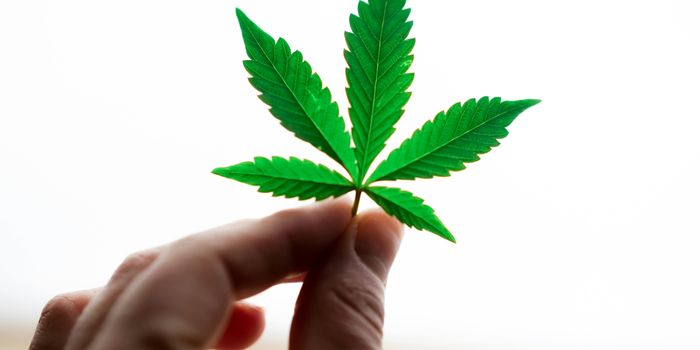Study Finds Hemp Effectively Remediates Contaminated Soil
A study published in Waste and Biomass Valorization examined hemp's phytoremediation effects and found that hemp effectively cleans soil contaminated with copper. Phytoremediation is the process in which green plants remove or stabilize heavy metals. The study, conducted by researchers from the University of Thessaly and Aristotle University, also showed that copper can be beneficial for hemp growth and that the phytoremediation process increases cannabidiol (CBD) levels in hemp.
The research team analyzed two soil types (clay loam and sandy clay loam) with different levels of copper contamination. The researchers recorded the soils' total and available copper content and then assessed the copper levels in hemp plant tissues. To conduct this analysis, they documented plant height, fresh above-ground biomass, photosynthetic capability, leaf chlorophyll content, and CBD in the hemp flowers. They noted that the availability of copper depends on the soil's particle size distribution. The soil with the higher clay content had a lower percentage of copper availability than the second soil mixture.
The analysis revealed that CBD production in hemp increases as the concentration of metals in the soil rises. Using high-performance liquid chromatography, the researchers extracted CBD from powdered plant tissue. They noted that copper tends to accumulate in plant roots and the lower part of the stem, with 50% of contamination found in the roots. The team's groundbreaking conclusion was that phytoremediation leads to the production of metal-free above-ground biomass, a significant finding with implications for industrial use, particularly in fiber production.
The findings demonstrated that hemp grows in slightly alkaline soil with high and low copper concentrations. This study has implications for developing practical cannabis cultivation approaches involving copper use and amending tainted soil. The agricultural industry often used copper as a micronutrient to promote plant growth. The researchers recommended that future studies investigate the hypothesis that CBD production reflects a genetic response to the stress caused by hemp cultivation in toxic environments.
Sources: Hemp Today, Waste and Biomass Valorization








